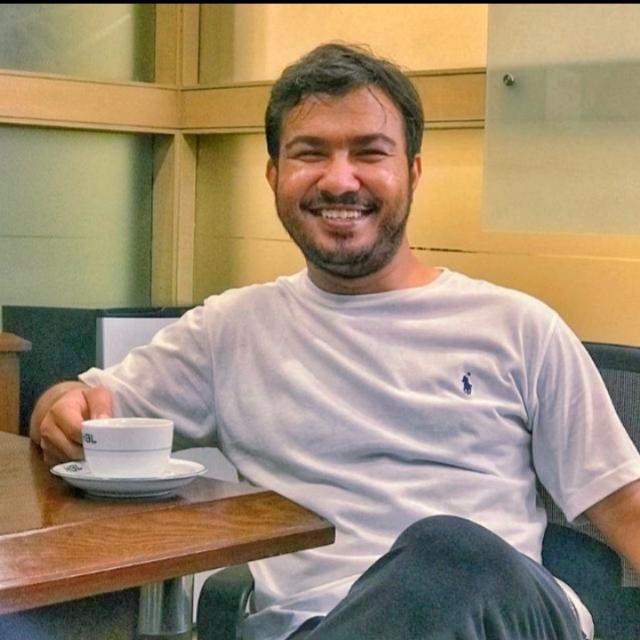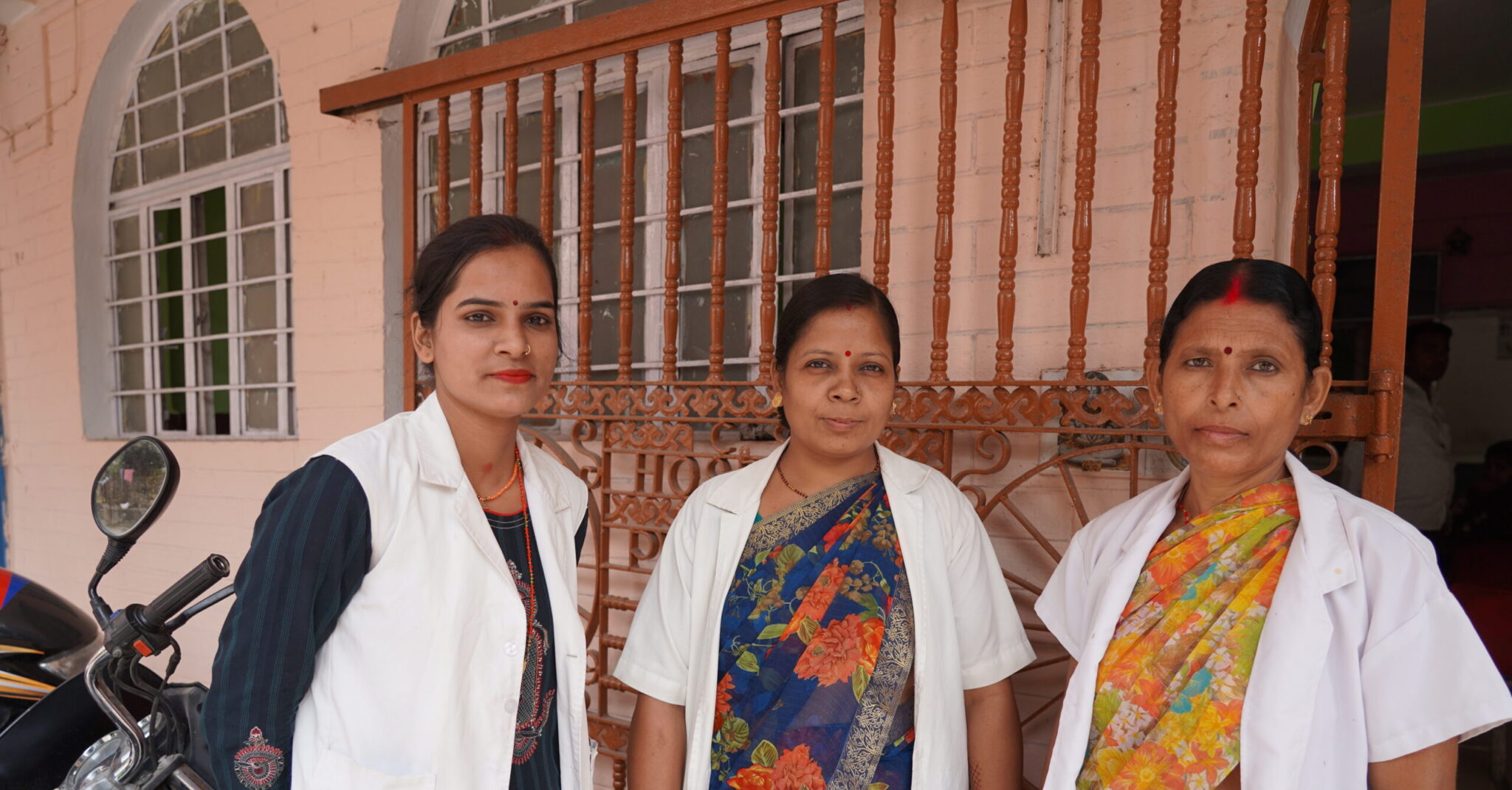On International Nurses Day, Pathfinder’s YUVAA project illustrates how nurses, health centers, and community members come together and bring us closer to universal health coverage.
On International Nurses Day, Pathfinder’s YUVAA project illustrates how nurses, health centers, and community members come together and bring us closer to universal health coverage.
“At first, health workers were biased against a variety of contraceptives,” says Winnie Kamble. “Few doctors, for example, would use injections like Depo-Provera, they wouldn’t suggest these options. But we worked to shift the biases and over time we saw changes with repeated visits.”
Winnie is a nurse mentor with Pathfinder’s Youth Voices for Agency and Access (YUVAA) project, which breaks down barriers to accessing reproductive health care in communities in India’s Maharashtra and Bihar states.
YUVAA has allowed Winnie to bring her knowledge to the community by working alongside “Yuvaakaars,” young married couples enlisted by the project to bring contraceptive information and products closer to their peers. YUVAA also works with private and public health centers to offer quality sexual and reproductive health services to young people. At these facilities, Winnie and other mentors provide trainings to health workers on staff so they gain skills to counsel young people on contraception.
Supporting nurses to deliver quality sexual and reproductive health care

Nurses Lovely Kumari and Poonam Jha received mentoring from the YUVAA project. “The training was extremely useful, and it made us feel confident in our ability to counsel patients,” says Lovely. “We also received a family planning app, (mPari), which gives additional information on women’s sexual and reproductive health.” mPari allows family planning service providers to learn about new family planning products and services through educational videos and tools, giving them access to trainings they would normally do in person. In an era of COVID-19, the app has made education readily accessible.
“We can give clients contraceptive pills, pregnancy test kits, intra-uterine contraceptive device services, as well as abortion and post-abortion care,” says Poonam. “And, almost 80% of our patients choose family planning after delivery, after receiving counseling through the project.”
“YUVAA has raised community awareness on the benefits of family planning and removed common misconceptions,” adds Lovely. “We are happy that we now have the skills to continue this work at our health centers, beyond YUVAA.”
Working within the community

Winnie and nurse mentors with the project collaborate with the project’s Yuvaakaars, 600 young couples like Laxmi and Sandeep Awale. YUVAA has helped these Yuvaakaars build a closer relationship with local Accredited Social Health Activists (ASHAs), community health workers employed by India’s Ministry of Health and Family Welfare.
“Yuvaakaars have helped us in our work by counseling couples on the benefits of timing and spacing pregnancies,” says Pushpa Kurne, an ASHA working in Laxmi and Sandeep’s community. “And the best part is that they work with young couples who often hesitate to talk about or use contraceptives. Being peers, they help build trust and can guide young couples.”

“For every 1,000 community members, we have an ASHA,” says Jyoti Kambli, a nurse mentor with the project. “But ASHAs don’t always have enough training, and don’t focus on family planning alone. YUVAA comes in and fills this gap. Yuvaakaars are selected to work in rural areas with a large, underserved population, and they reach further in the communities.”
Achieving universal health coverage

Jyoti Kambli has mentored nurses at 14 private hospitals, as well as local government hospitals. She’s helped enact change, including the development of private spaces (‘family planning corners’) for family planning consultations, so women and couples have the privacy they need for open discussions.
“My mentees are saying to me that so many people are now coming for family planning consultations,” says Jyoti. “At first, people didn’t understand what we were teaching—how to have safe sex? Many of them were using emergency contraception, frequently and incorrectly. Now, we have a regular stream of clients wanting family planning. We’ve achieved our objective—to raise awareness on healthy timing and spacing of pregnancies according to need.”
“Pathfinder actively partners with nurses and other health workers to move communities a step closer to universal access to reproductive health,” says Dr. Pritha Biswas, Senior Technical Advisor for Family Planning at Pathfinder.
“Most health workers in mid-level cadres, including nurses, are underpaid, overworked, and unappreciated,” says Dr. Biswas. “Pathfinder empowers them using needs-based training, mentorship, and supportive supervision in order to train, support, capacitate, and motivate them to become more competent and confident in providing quality care.”
Even before the pandemic, we were facing a global shortage of 15 million health workers. Through programs like YUVAA, Pathfinder is investing in nurses and frontline health workers to improve health outcomes in communities and bring us closer to achieving universal health coverage.


